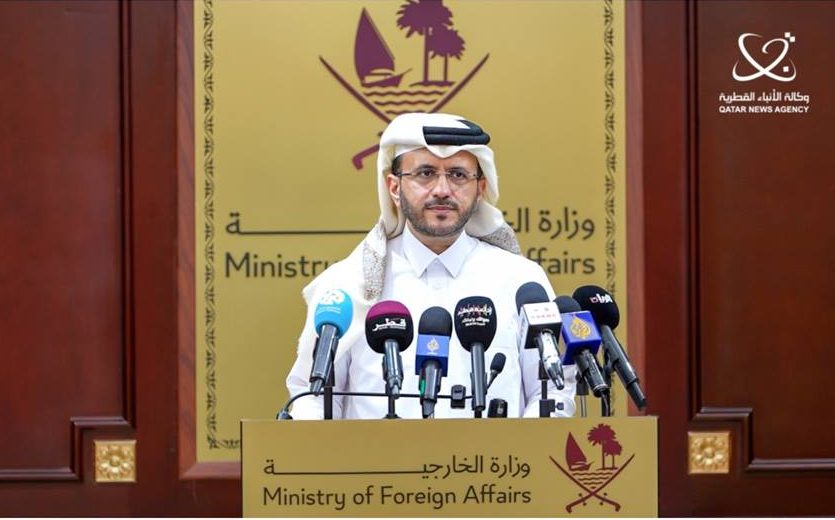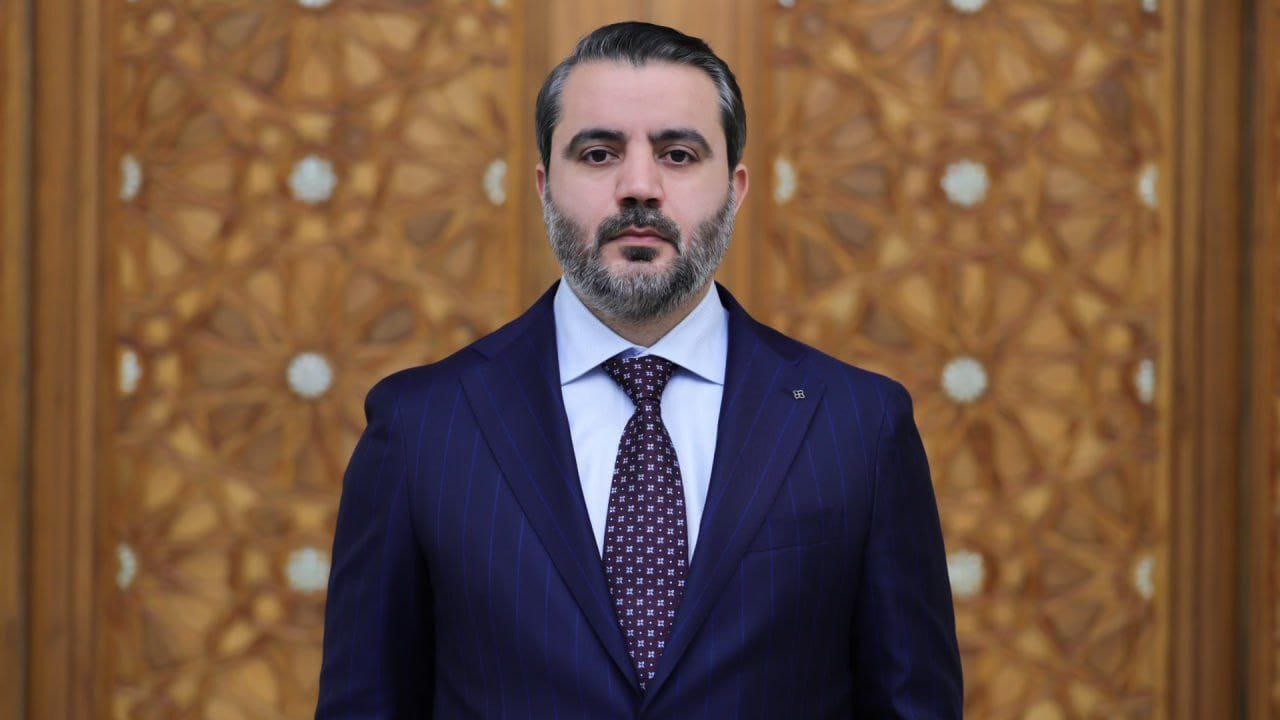
Qatar residents in need of legal advice can now get help from a free law clinic at Qatar University (QU).
The Law Clinic was established by QU’s College of Law in 2012, but lawyers only began working there pro bono a few months ago.
Since February, the clinic has received and helped resolve cases involving labor, child custody, marriage and divorce.

It especially aims to help women, children, the elderly, those with disabilities and victims of human trafficking.
Speaking to Doha News, the director said the clinic came about because the school wanted students and lawyers to practice law differently.
“While it is important for any lawyer to make profit out of the profession, it is also important to do good (for) the community by getting to know the Qatari society and helping its members,” said Dr. Mohamed Mattar, who is also a QU clinical law professor.
How it works
According to Mattar, the law clinic prioritizes cases in which people are unable to afford a lawyer. But clients are not required to submit any documents to prove their need.
“It is important to facilitate access to justice, without having to present such documents, because we already trust our clients,” he said, adding:
“So if someone is out of work, that’s enough, and if there’s a woman whose husband has not paid her alimony, then that’s proof for us that she can’t afford a lawyer.”
After accepting a case, the clinic assigns a lawyer to the case to determine a legal strategy. The lawyer may decide the matter needs to be taken to court, for example.
Pro bono help
If this happens, cases are referred to pro bono lawyers from law firms affiliated with the clinic. One of these is Al Sulaiti Law Firm.
According to Mattar, the Law Clinic has ties to many lawyers and firms in Qatar. Lots have expressed interest in offering their expertise and services for free, he added.
Additionally, QU law professors and law students contribute their efforts to the clinic. Some 10 students interviewed clients and reviewed cases last semester.

“It is a great thing to have such an environment for a law student, (and) it’s important to help people here in Qatar know that such a service exists,” law student Dana Ahen told Doha News.
Law students can also enroll in the clinic as an academic course, to learn how to work with real law cases on the ground.
And in Qatar, unlike some other nations, law students do have some authority to practice the law to a lesser extent.
“It is important to study the justice system and Qatari law, but it is more important for the students to be able to draft memorandums, write contracts, interview clients and legally represent them,” Mattar said.
The clinic is available around the clock, and clients can email Mattar at [email protected] or call 4403 7786 for legal help.
Thoughts?







